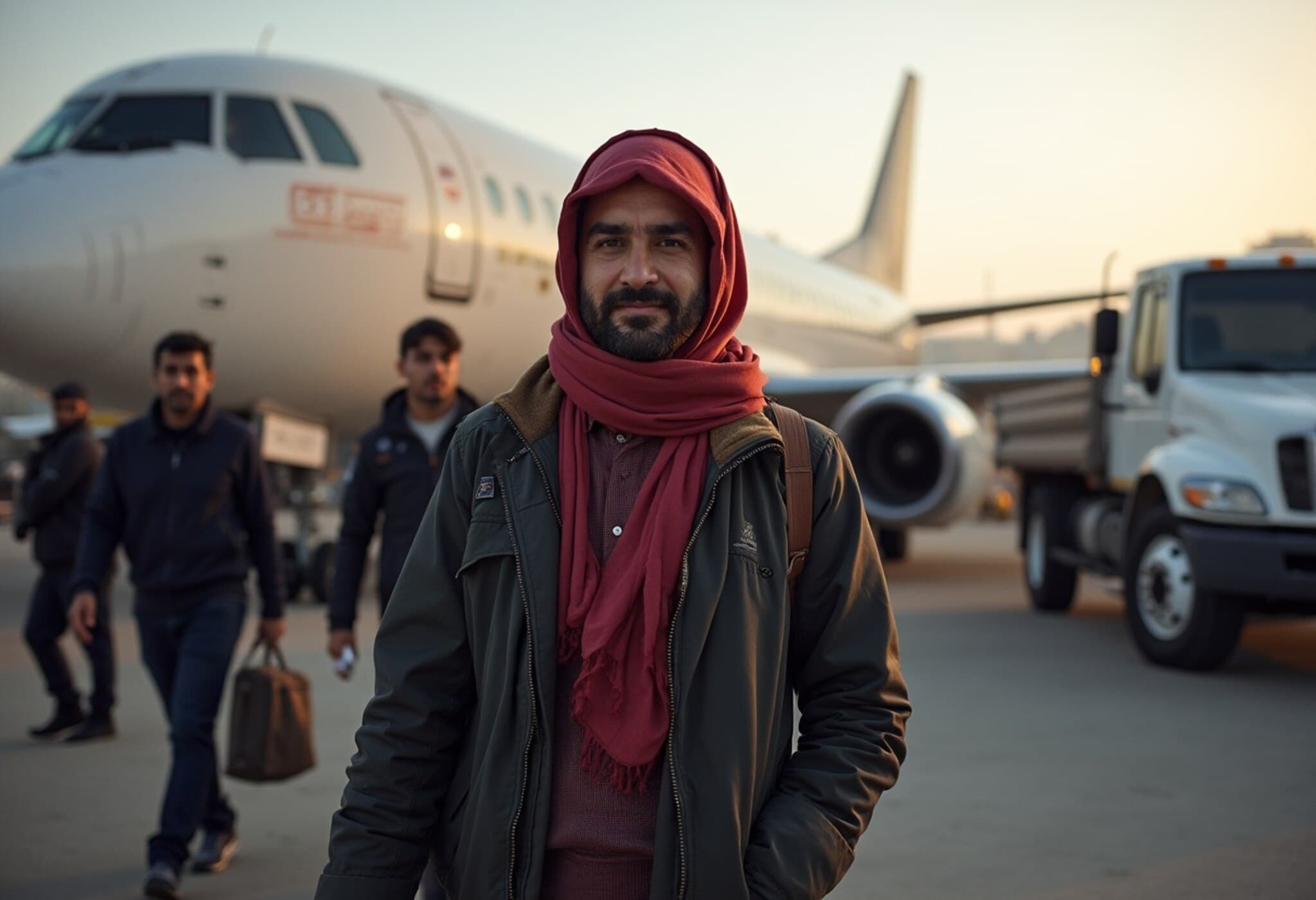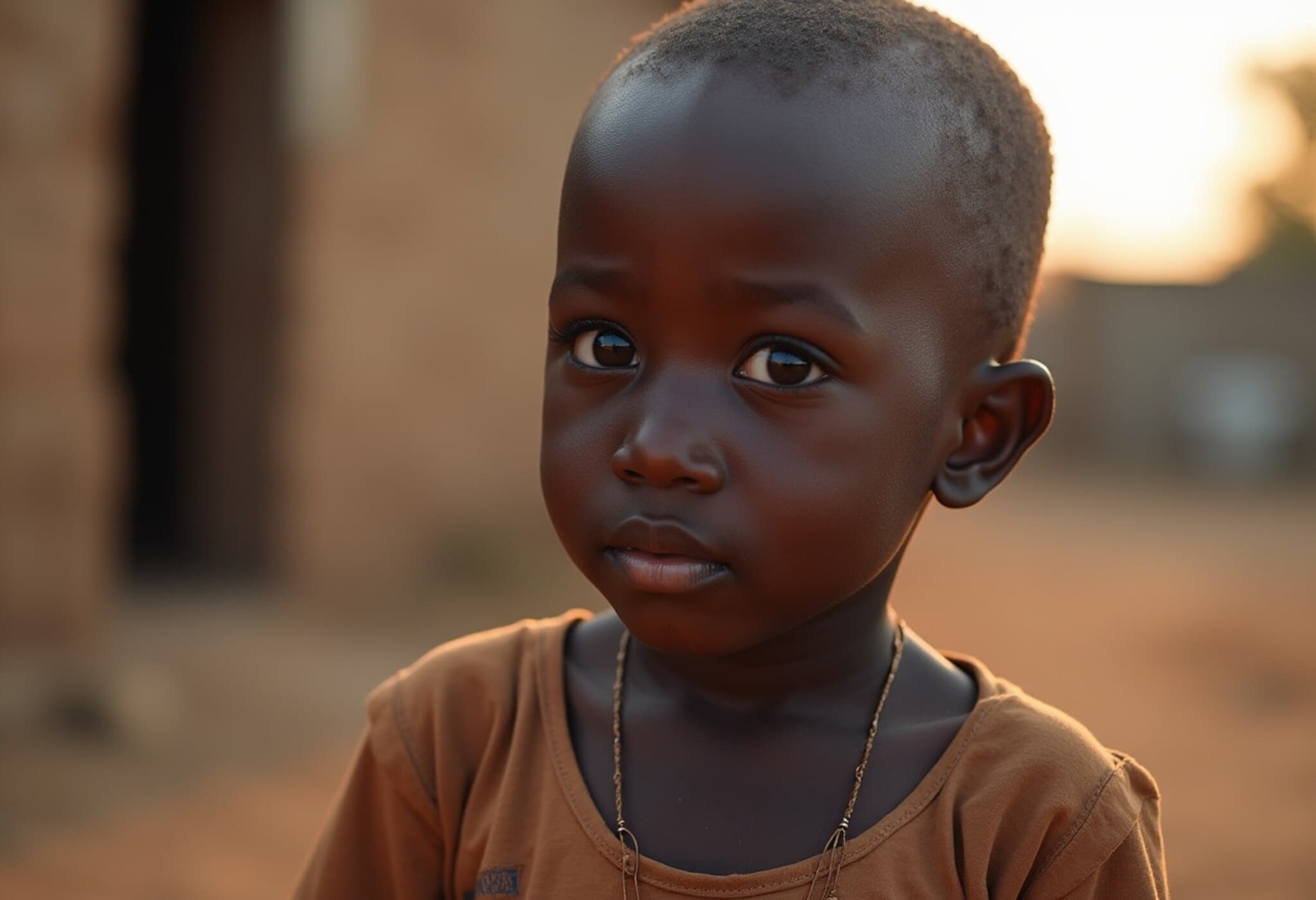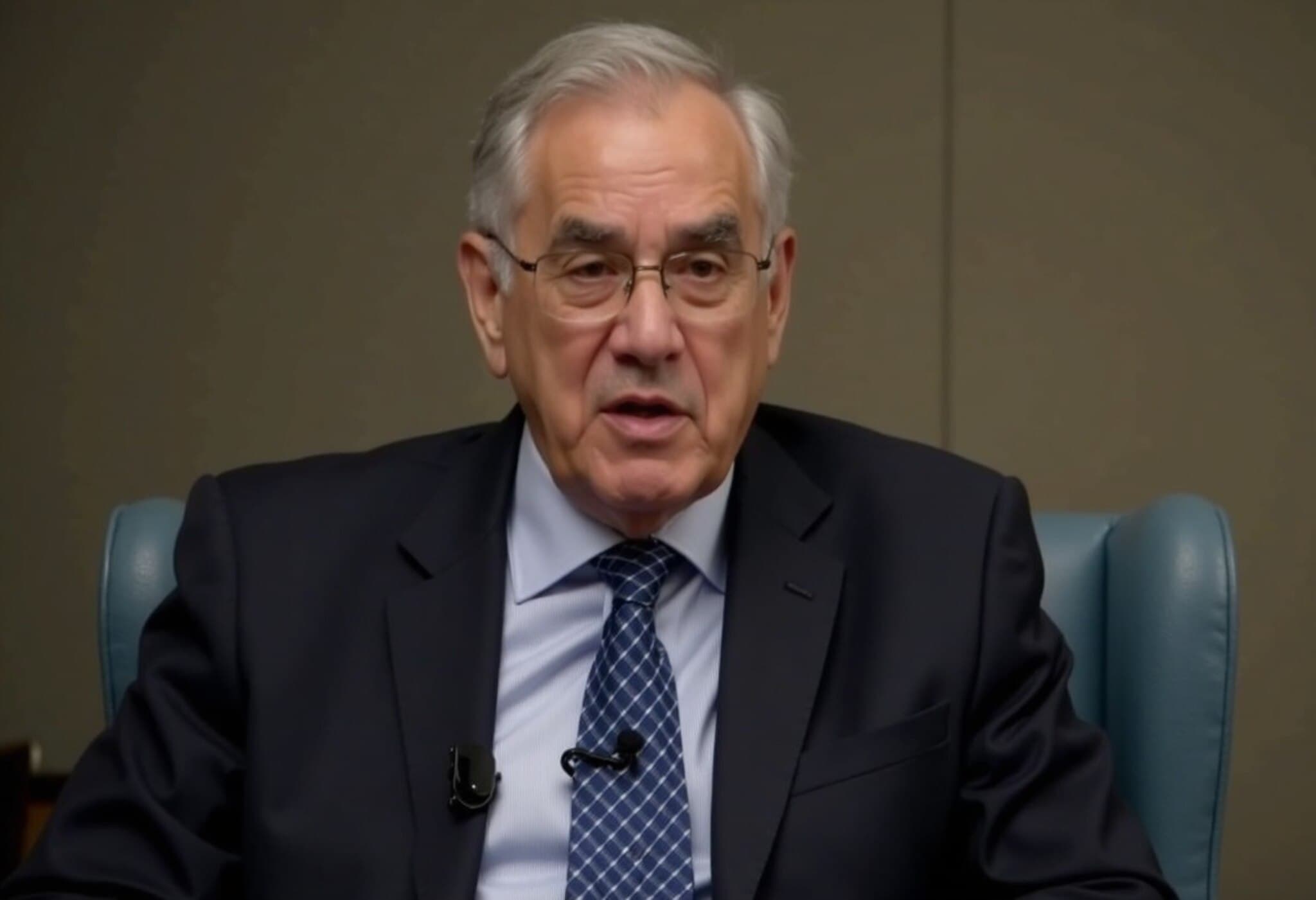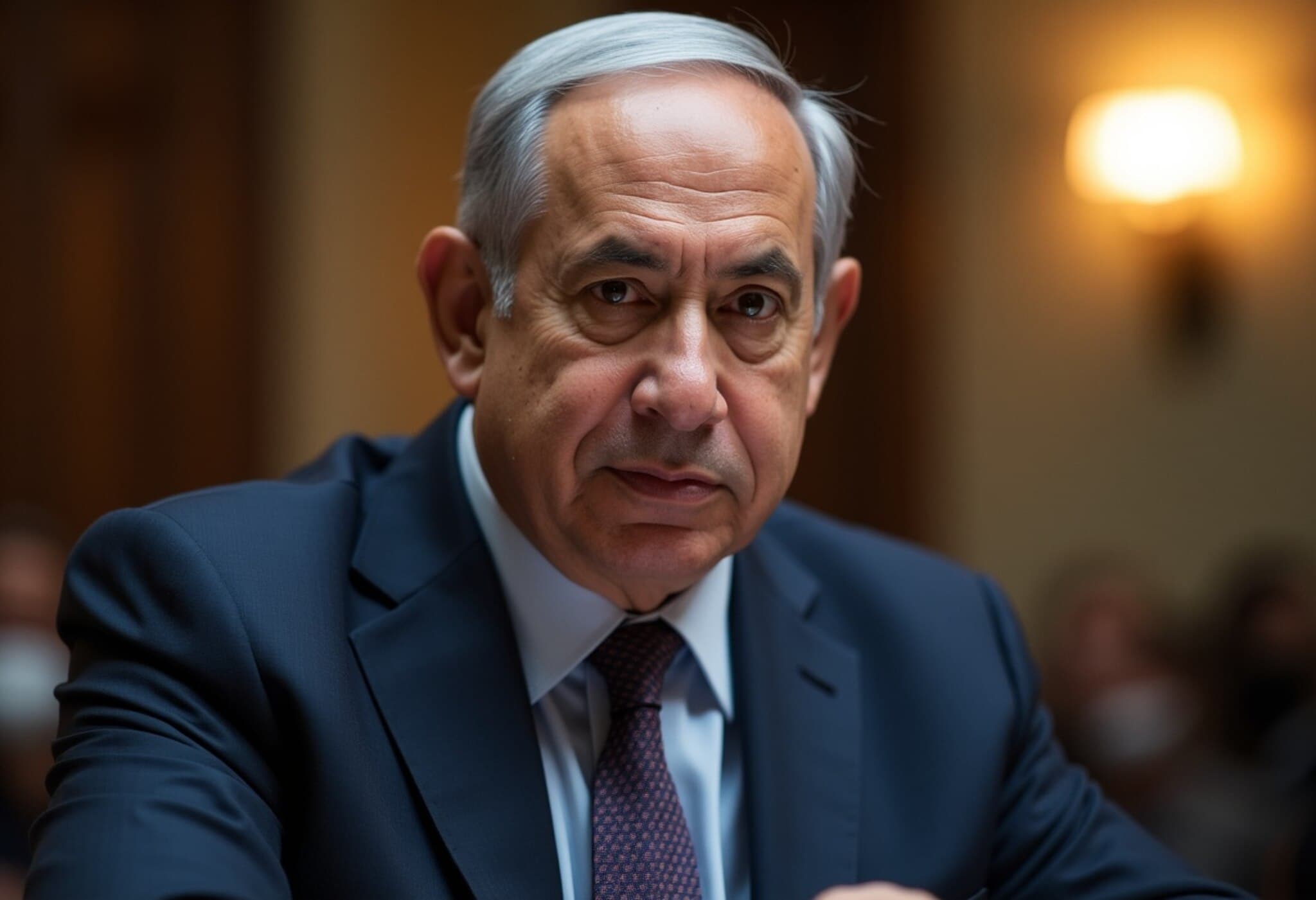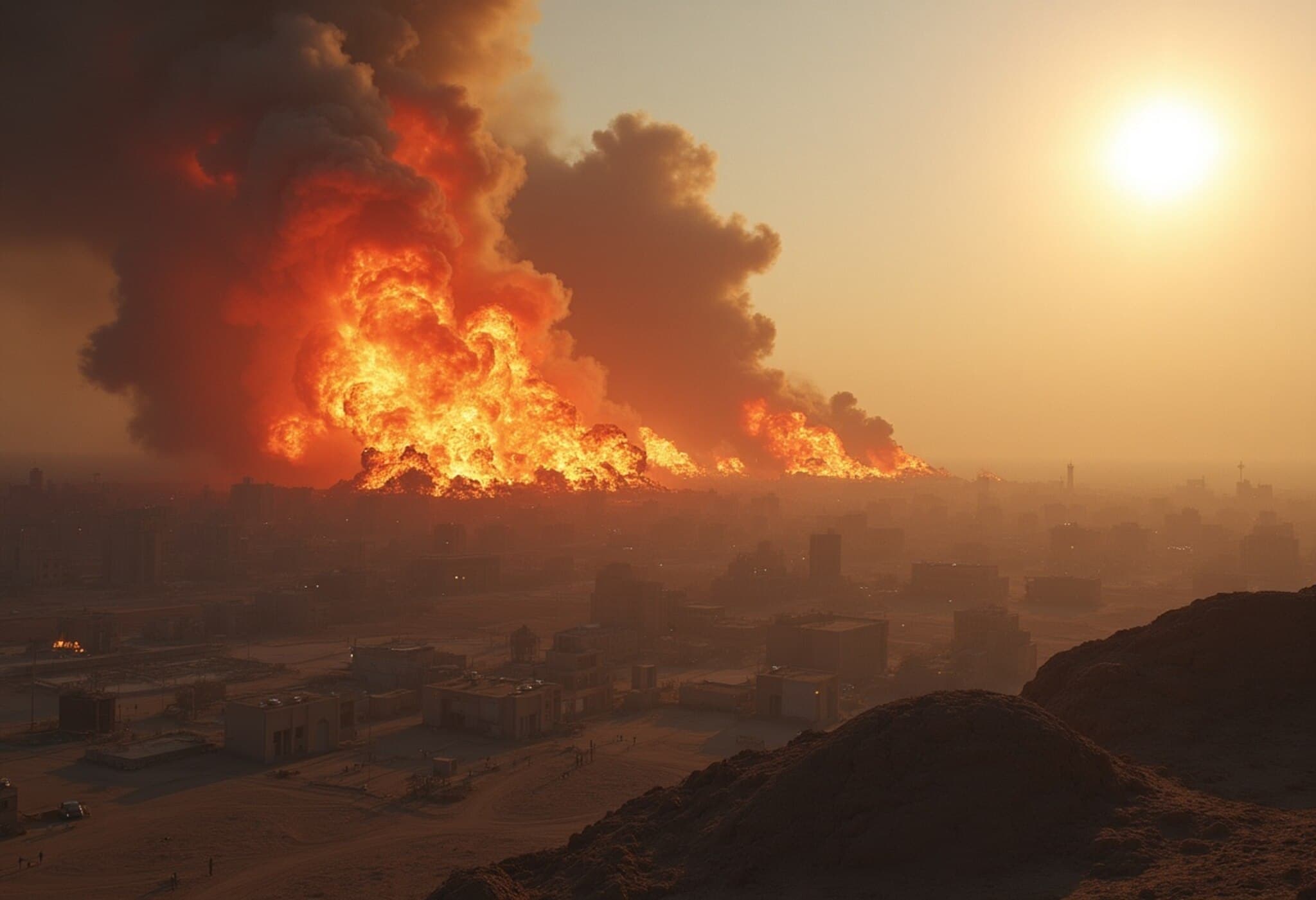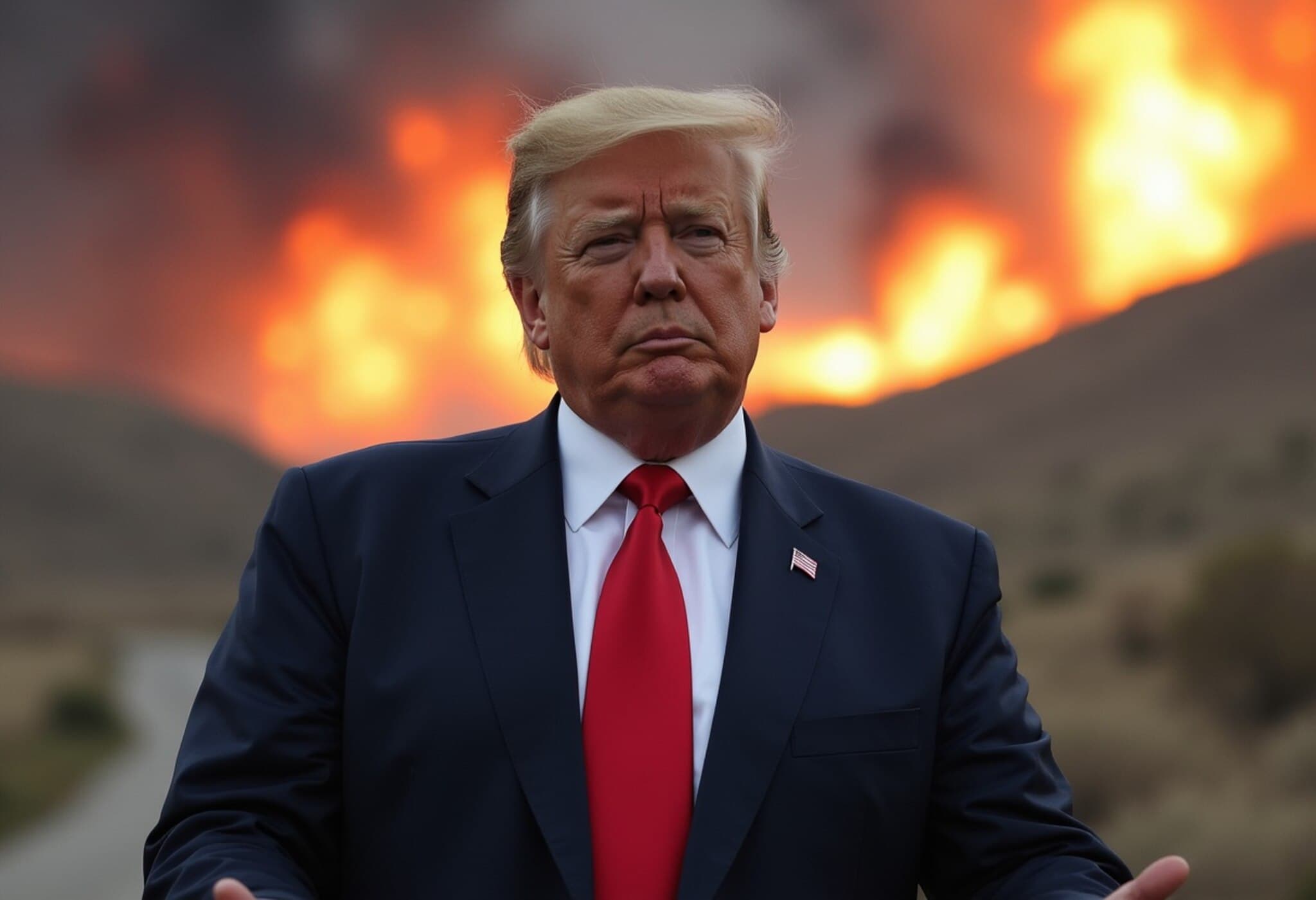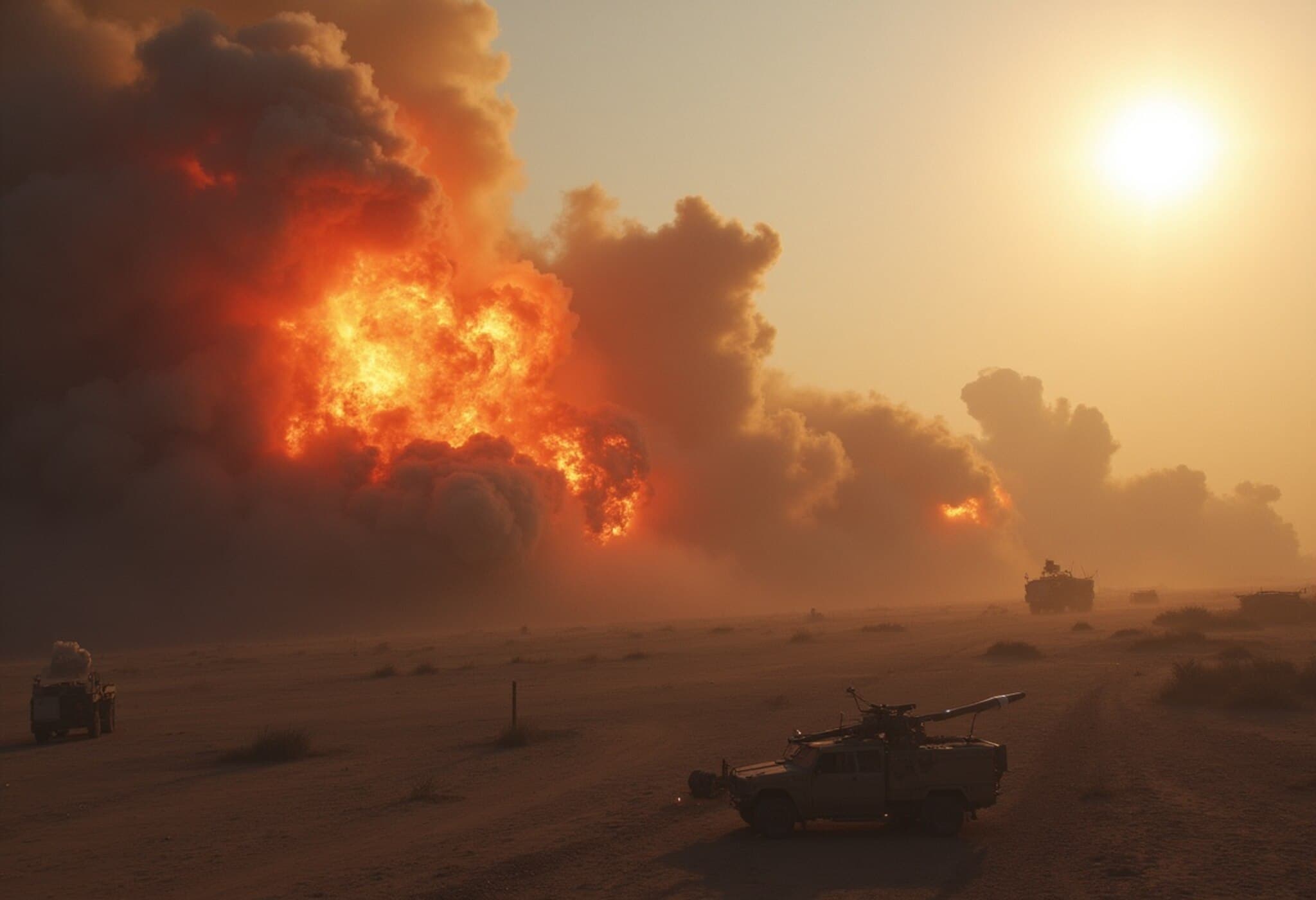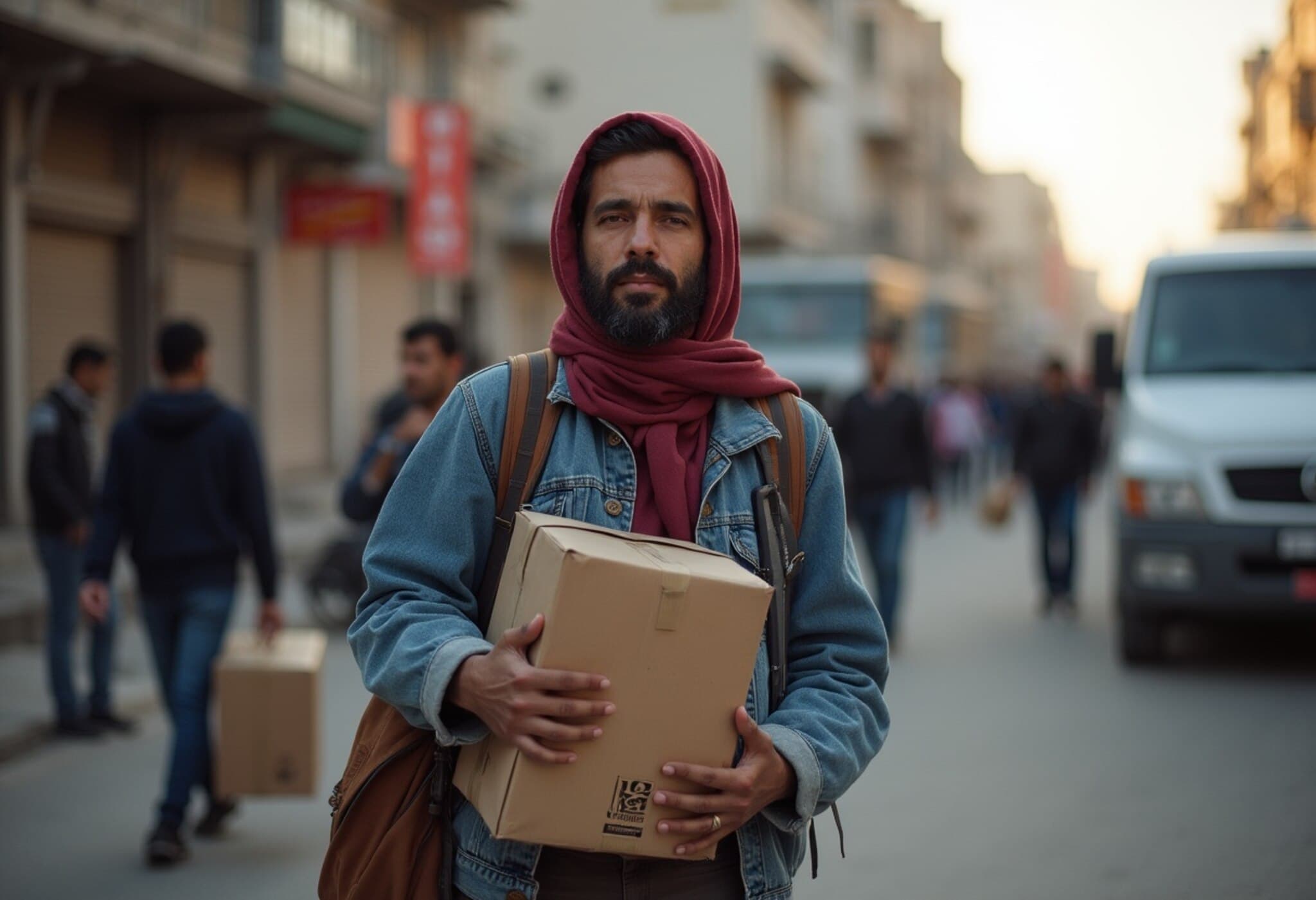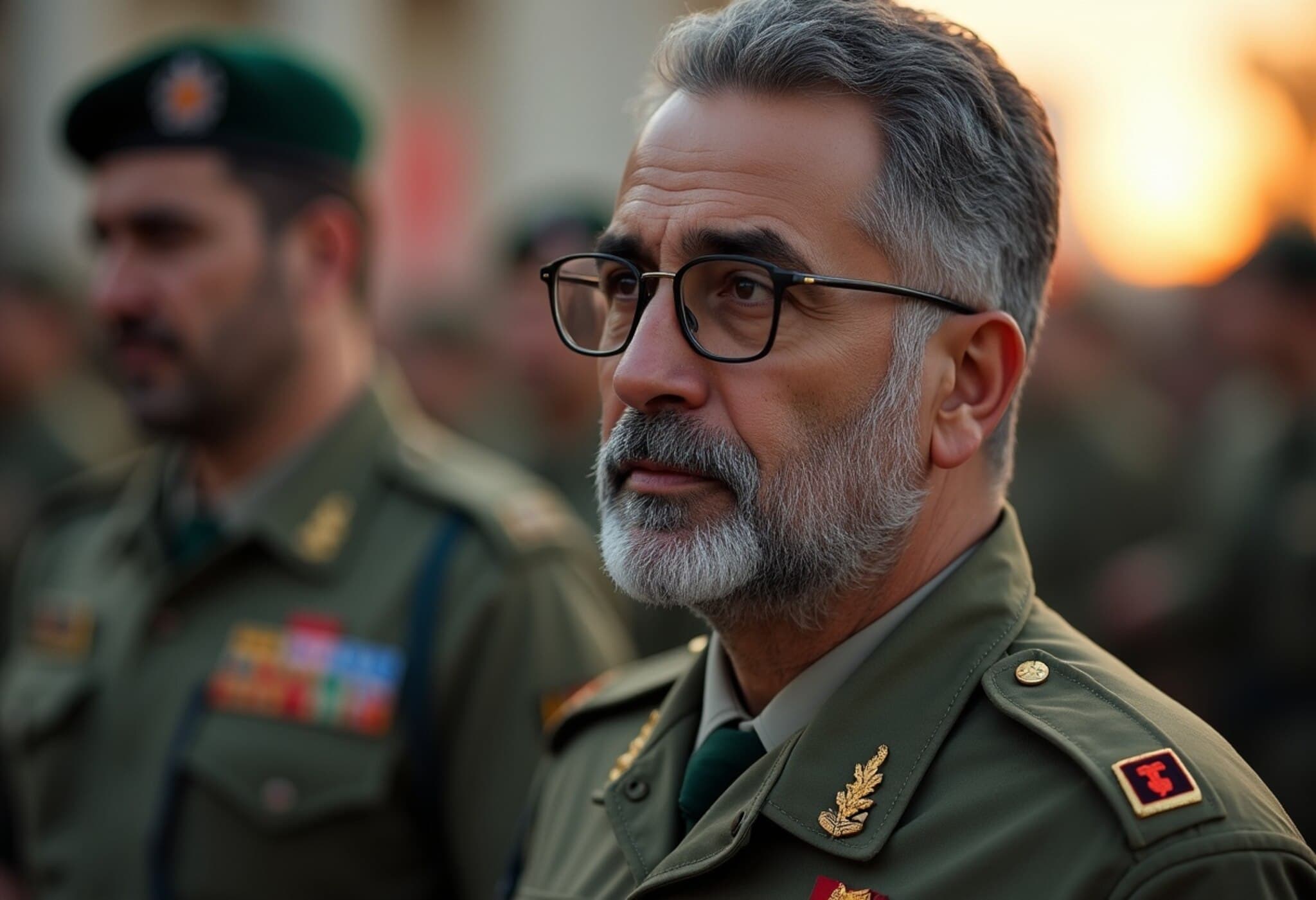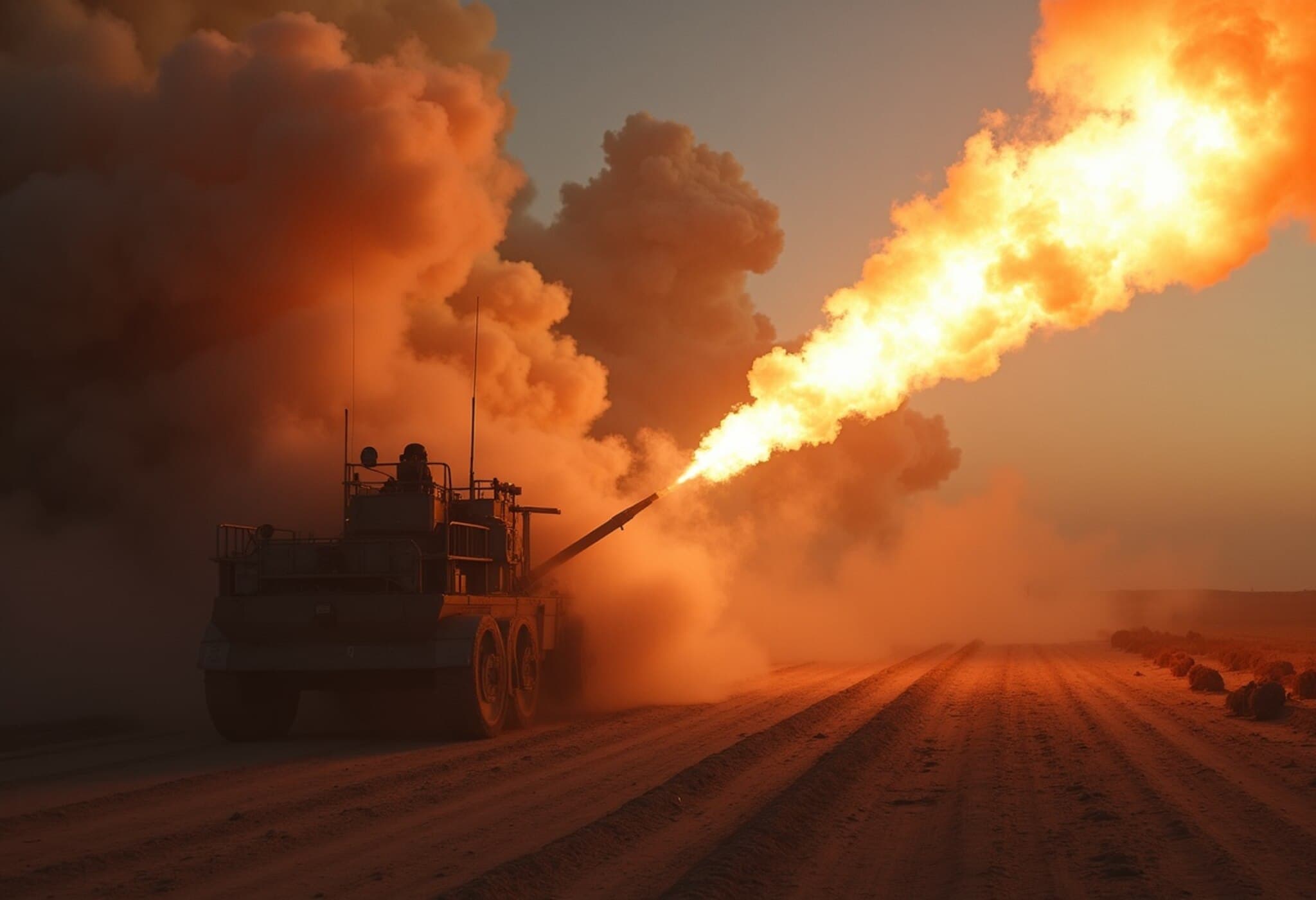Frontline Desperation: Gaza’s Doctors Struggle Amid Famine
Inside Nasser Hospital in Gaza, Dr. Mohammad Saqer’s harrowing experience offers a stark window into a crisis unfolding beyond headlines. Mid-shift, with nearly 24 hours without food, his vision blurred and knees buckled. Only the quick intervention of colleagues—and a small carton of juice from a foreign doctor—kept him from collapsing. This scene reflects an unbearable reality: health workers themselves are barely surviving, sustaining on a single plate of rice daily while facing crushing 24-hour shifts treating patients ravaged by the same hunger that afflicts them.
“The hungry treating the hungry. The weak treating the weak,” Saqer lamented, capturing the physical and emotional toll eroding Gaza’s medical staff.
Baby Cribs Marked by Starvation: A Heartbreaking Pediatric Crisis
In the pediatric ward of Nasser Hospital, rows of babies rest motionless, their fragile bodies starkly diminished to skin and bone. Medical professionals describe their limbs as “limp noodles” and facial bones visibly protruding—visual testimonies of severe malnutrition.
With formula nearly nonexistent and breastfeeding mothers unable to produce milk due to lack of nutrition, families resort to desperate measures. Yasmin Abu Sultan shares the agony of feeding her baby Mona through a syringe, all while lacking access to essential fruits and vegetables.
A Lost Childhood Framed by Hunger and War
Dr. Ahmad Al-Farra at Al-Tahrir Hospital voices concern over the mental health collapse among healthcare staff, highlighting rising depression, memory loss, and a fading sense of purpose. The crisis’s psychological scars extend to children too, as recounted in a poignant moment when a little girl whispered to her mother:
“Are there bananas in paradise?” she asked, dreaming of a fruit long vanished from Gaza’s markets. When told yes, she replied, ‘Then let’s become martyrs so I can eat bananas and get better.’”
This haunting statement lays bare the brutal distortion of a child’s worldview under siege—where death seemingly offers relief from hunger.
Faces of Famine Outside the Hospital Walls
The desperation resonates beyond clinical settings. In Gaza City, Hidaya Al Mtawwaq watches helplessly as her three-year-old son, Mohammad, dwindles to just six kilograms, incapacitated from famine. Widowed and financially strained, she articulates the crushing exhaustion felt by many caregivers.
Global Corridors Shut as Food Prices Skyrocket
The United Nations paints an alarming picture: all 2.1 million residents of Gaza face food insecurity, with a staggering 900,000 children hungry. Malnutrition among children under five has tripled in just a fortnight, according to Doctors Without Borders. Meanwhile, vital aid convoys confront blockades or theft, fueling skyrocketing prices — flour now costs an eye-watering $92 for two kilograms.
Dr. Fadel Naim, director of Al-Ahli Al-Arabi Hospital in northern Gaza, shares grim accounts of medical staff physically collapsing mid-operation and operating on fumes, their energy depleted by near-starvation and nonstop work.
A Politicized Hunger: Accusations and Denials
Healthcare professionals perceive the food scarcity as a form of collective punishment against Palestinians. Dr. Naim directly implores global figures—including former US President Donald Trump—to condemn these actions decisively.
Despite widespread warnings from the UN, WHO, and humanitarian agencies branding the situation a "man-made famine," Israeli authorities deny obstructing aid deliveries. Meanwhile, WHO Director-General Tedros Adhanom Ghebreyesus has starkly characterized the crisis as "mass starvation."
Doctors’ Oath Amid Unspeakable Hardship
In the face of unrelenting exhaustion and a three-month separation from his own family, Dr. Saqer remains steadfast, invoking the deep-rooted humanity at the core of medical service. “Under no circumstances can we abandon our duty or the oath we took,” he said.
Expert Insight: The American Perspective
Policy analysts in the United States highlight the dire need for renewed diplomatic engagement and humanitarian corridors. The intersection of international law, humanitarian principles, and geopolitical interests complicates rapid relief efforts. Experts note that sustained attention from American policymakers could pressure stakeholders to restore aid flows and alleviate starvation risks.
Underreported Dimensions: Mental Health and Child Welfare
Beyond immediate nutrition crises, the mental health repercussions for medical staff and children remain critical yet undercovered. The cascading effects on cognitive development, trauma resilience, and community stability pose long-term consequences that demand international focus.
Summary Box: Editor's Note
- Gaza faces an unprecedented humanitarian emergency where hunger cripples both patients and the medical workforce.
- Children’s malnutrition poses irreversible developmental risks, compounded by a lack of basic infant nutrition supplies.
- The global community confronts ethical questions on their role amid alleged collective punishment and aid obstruction.
- While the crisis is deeply political, the human toll—captured through stories like Dr. Al-Farra’s and the starving child dreaming of bananas—compels urgent humanitarian action beyond rhetoric.
- American and international leadership could pivot policy to protect basic human rights and uphold medical neutrality amidst conflict.
As this crisis unfolds, the resilience of Gaza’s healthcare providers remains a testament to the enduring human spirit under siege. Yet, without immediate, meaningful relief, the cycle of hunger and despair threatens to entrench suffering for generations.


